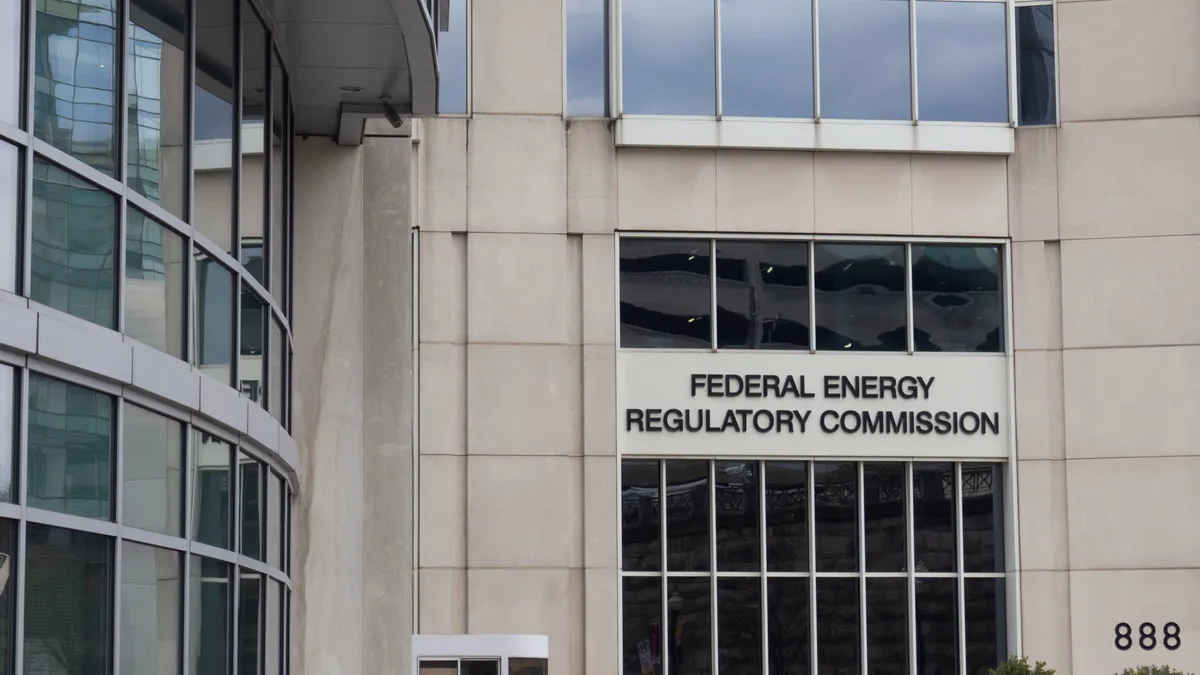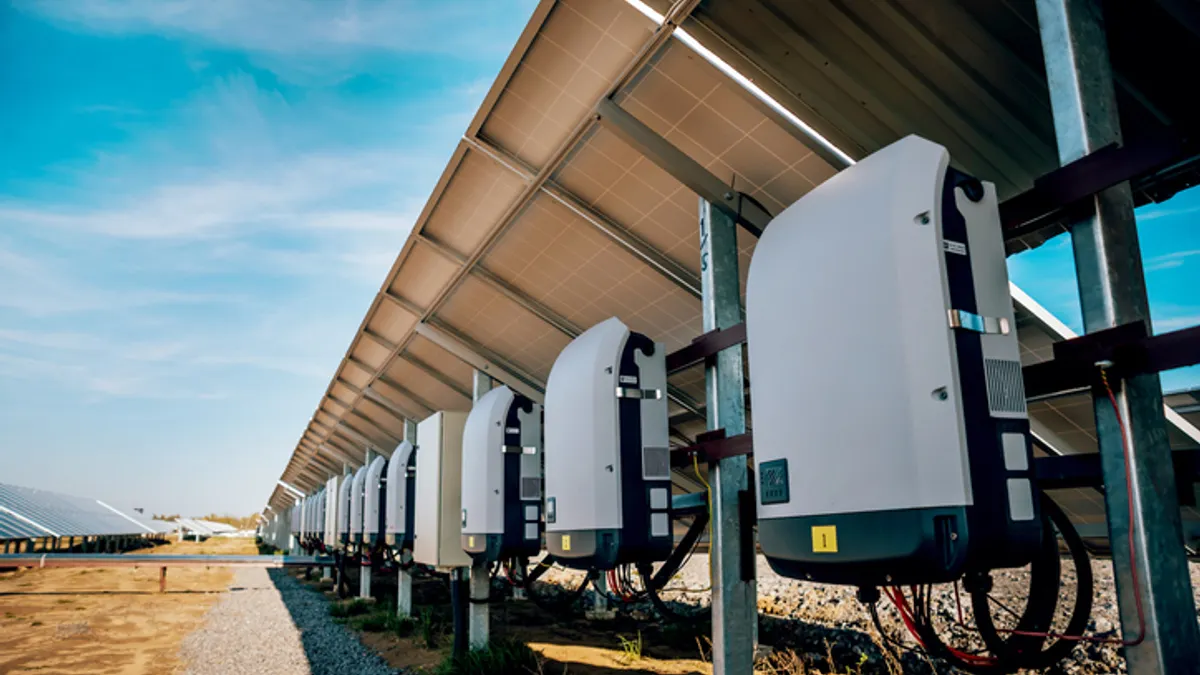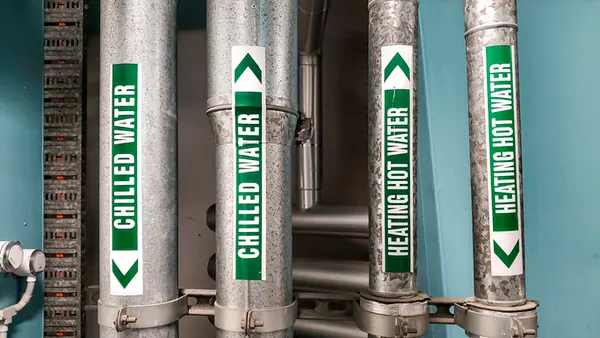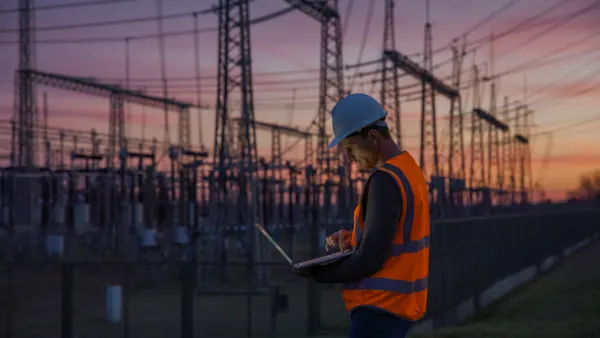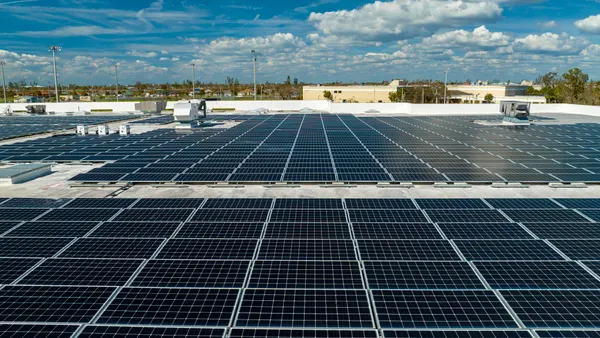Dive Brief:
- Duke Energy filed a plan Monday with North Carolina regulators for a $76 million electric transportation program to develop charging infrastructure for electric vehicles (EVs) and buses.
- The utility said the proposed buildout for nearly 2,500 EV charging stations is the largest such filing in the Southeast. The program aims to develop a statewide fast-charging station network, following a similar $10.4 million EV program Duke proposed in South Carolina in October.
- Duke requested expedited approval from North Carolina commissioners by June 1, with an effective date 90-days after, although regulators will ultimately decide when to vote. "Given that 60- and 90-day timeframe, this could be in the market as soon as Q3 of this year," Lang Reynolds, Duke's director of electrification strategy, told Utility Dive.
Dive Insight:
Utility investments in EV infrastructure are new in North Carolina and Duke is expected to show regulators that all its customers would benefit, beyond the advantages of reducing tailpipe emissions.
"We're really trying to make the case that increasing EV adoption benefits all of our customers by efficiently increasing utilization of the electric system," Reynolds said. "If we can get more EVs onto the system, we can actually put downward pressure on rates over the long term so that that's good for all of our customers."
The pilot comes as the state works to meet a new executive order, issued by Democratic Gov. Roy Cooper last October, to get at least 80,000 EVs on the road and reduce energy consumption in state-owned buildings 40% by 2025.
According to the Auto Alliance, an industry trade group, North Carolina had sold about 13,000 plug-in electric vehicles, including hybrids by December. More than half of those sales took place in the last two years.
"I don't think we really know yet what we need to get to that 2025 [80,000 EV] number," Reynolds said. "It's quite aggressive."
Duke's investment, expected to take place in the next three years, would double publicly-available EV charging infrastructure in North Carolina as part of a pilot to understand "the impact of EV charging on the utility system" and EV drivers' behavior and grid interactions, Reynolds said.
The bulk of the installations in the charging station segments are expected to be completed within two years, Reynolds said. The other programs, such as residential and fleet rebates, will be open for applications and driven by market demand. Duke plans to install and operate more than 800 public charging stations providing in the state.
Chargers for transit and school bus fleets will be at the depots where buses can charge overnight while residential chargers will be sited at customer locations.
"We will have target areas where we're looking to install the infrastructure, in terms of broad site areas," Reynolds said, adding that Duke is engaged in an ongoing process to select vendors for charging infrastructure.




